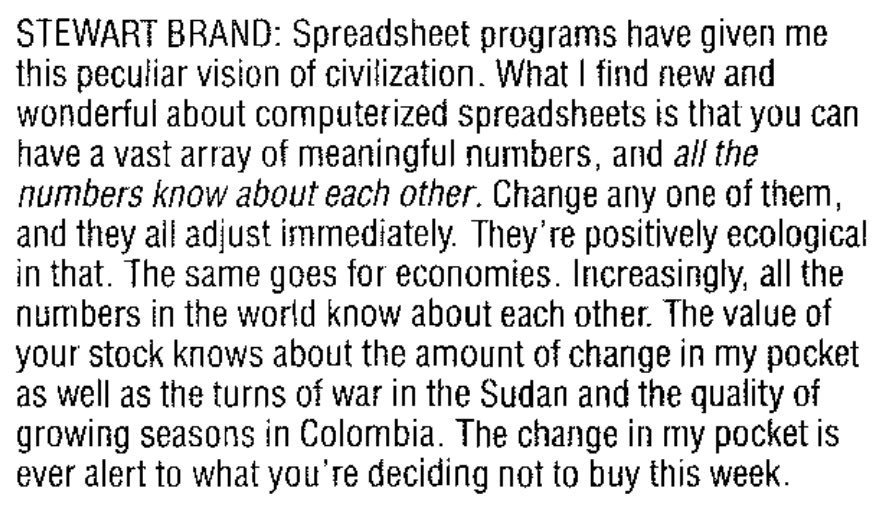In a world that is shaped by digital decisions upon platforms that we often don’t control, it’s always heartening to hear tales of traditions that persist. Whilst technology increasingly proves that more efficient solutions are within reach, sometimes that personal, human touch can still survive.
A great example of this is the tiffin lunchbox, predominantly found in Mumbai, India. With so many individuals travelling long distances into the city to work, there is still a demand for good old home cooked food when it comes to lunch. Whereas in this country, office workers may nip out for an overpriced and oversalted lunch at a heavily-branded sandwich joint, many workers there can rely on food lovingly cooked fresh for them at home that morning.
Dabbas are large circular tins with a number of tiers. The freshly cooked food is placed into them at home – and then the real magic begins.
The dabbas are passed across to a human delivery system – 5,000 people (known as dabbawalas), many on bicycles, who then transport some 200,000 dabbas to the trains (each one marked by hand with a system of symbols and colours) where they travel for often a couple of hours before being picked up by local dabbawalas and handed directly to their individual recipients every day.
Now for a couple of amazing facts.
First, the food is never late. Amazing when you take account of the fact that its delivered direct to each individual’s place of work.
Second: the dabbas, once empty then travel back and get returned to the houses from which they came. Incredibly, none of them carry a home address – and yet they all return to the sender at the end of the day. Only to repeat the journey once again the next day.
The secret is the intricate system that is used – a combination of local knowledge, train lines, and dabbawalas’ memories. And the dabbawalas are so trusted that often workers will place their wages into the dabbas for the return journey so that they don’t have to travel home from work carrying precious cash on their own person.
The system was started by a banker, Mahadeo Havaji Bacche, who wanted his home cooked lunch delivered all the way back in 1890. And it’s claimed that the dabbawalas now only make one mistake every six million deliveries – a success rate that shames any other physical logistics infrastructure out there in the business world today when you factor in just how many delivery locations they’re servicing. The system’s been studied by Harvard Business School and is always talked of as being the envy of FedEx.
Sometimes I guess you just can’t beat those home comforts after all.


